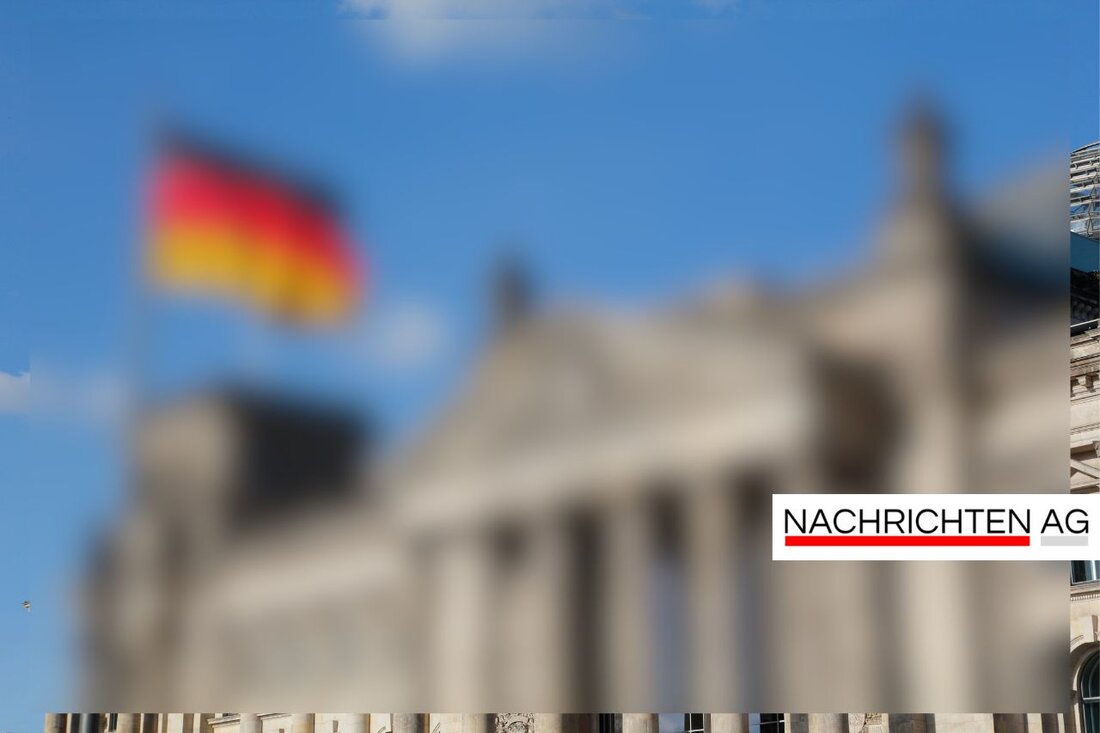Inauguration of the first monument to Polish victims in Berlin!
A monument to the Polish victims of the German occupation was inaugurated in Berlin in order to strengthen German-Polish relations.

Inauguration of the first monument to Polish victims in Berlin!
On June 16, 2025, a significant memorial to the Polish victims of the German attack during World War II was inaugurated in Berlin. This act should not only commemorate the victims, but also be seen as a step towards rapprochement between Germany and Poland. The inauguration took place on the site of the former Kroll Opera, which was demolished in 1957. The German Minister of State for Culture, Wolfram Weimer, and a representative of the Polish Embassy were present at this ceremony. Heiko Maas, former Foreign Minister and President of the German Poland Institute, was also present.
The German Wehrmacht's attack on Poland began on September 1, 1939, when Adolf Hitler declared war. To this day, the relationship between the two countries is economically and politically strained by the consequences of this terrible conflict. However, the memorial in Berlin is only a temporary measure; A permanent memorial and a German-Polish house are already being planned. In 2020, the German Bundestag commissioned the federal government to create a memorial site to preserve the memory of the Polish victims and to reshape historical policy between the nations.
Burdened historical politics
But it's not just places of remembrance that are important. The question of reparations demands is putting a heavy strain on relations between Germany and Poland. These demands arise from the enormous losses and damage suffered by Poland during World War II. According to the Polish government and political representatives, especially from the PiS party, the amount Germany should pay for the damage is estimated at more than 1.3 trillion euros. However, these demands were clearly rejected by the federal government in Germany. Foreign Minister Annalena Baerbock emphasized that the legal question for Germany has been clarified and the federal government is not prepared to enter into negotiations about reparations.
Historically, the problem goes back to the Potsdam Conference of 1945, at which it was determined that Poland should be compensated through dismantling in the Soviet-occupied zone and through German foreign assets. However, the federal government sees the Two Plus Four Treaty of 1990 as the point at which this reparations issue was finally concluded. The treaty, which Poland did not sign, stated that the Oder-Neisse border was to be accepted as Germany's new eastern border and that Poland had waived further reparation payments after the war.
The political context
The German position is considered inadequate by the Polish government, particularly under Prime Minister Mateusz Morawiecki. The PiS has been raising the issue of reparations for years and called for a sum of 1.3 trillion euros in a diplomatic note at the end of 2022. To support this, a joint legal opinion was prepared by German and Polish lawyers, but it concluded that Poland was not entitled to reparations. This led to further discussion and disagreement within both nations.
Polish politics is divided because while the previous leadership under Donald Tusk no longer actively pursued the reparations issue, the current government sees a need to catch up and sticks to its demands. The pressure to advocate for recognition and compensation on an international level is growing. And even if the issue of reparations demands remains a hot topic, the newly inaugurated monument in Berlin could be a sign of a new dialogue between the two nations.
It remains to be seen whether this dialogue will finally lead to the old suffering of the Polish victims being acknowledged. However, the discussion about justice and reparation is only at the beginning and will continue to shape relations between Germany and Poland.
For more information about the memorial and reparations demands, visit the articles by NZZ, Wikipedia, and daily news.

 Suche
Suche
 Mein Konto
Mein Konto